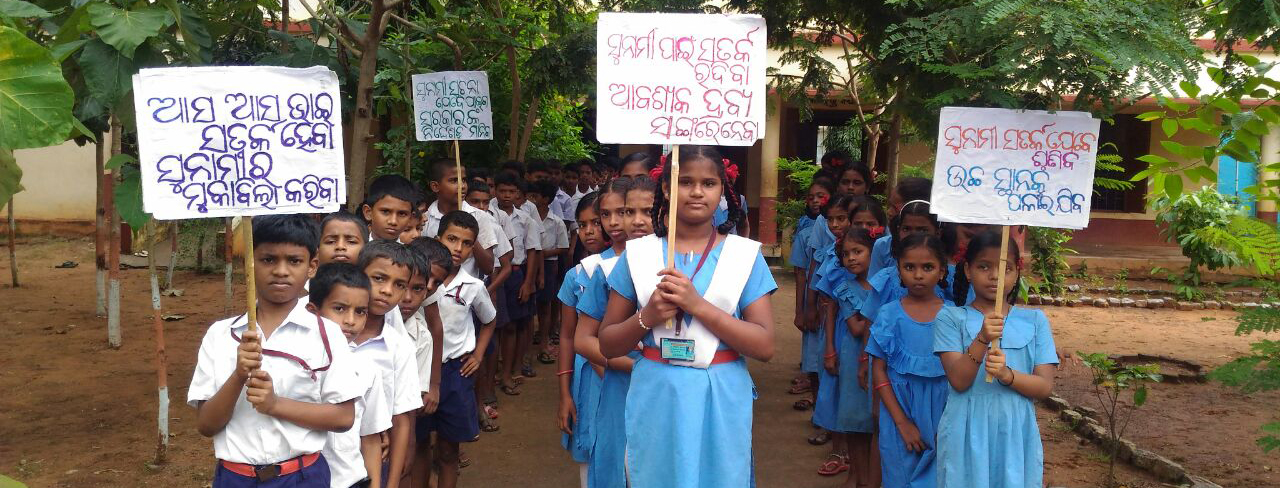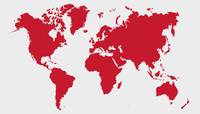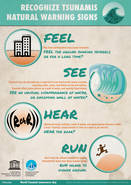
World Tsunami Awareness Day 2017
Though they may be rare, tsunamis are among the most devastating natural disasters. They know no coastal borders. Coastal communities – often concentrated in low-lying and highly populated areas – are the most potentially vulnerable to coastal hazards including tsunamis, with heavy human and economic losses. International cooperation is key for deeper political and public understanding; as well as involvement in reducing our risks from these coastal natural hazards.
In December 2015, the United Nations General Assembly designated 5 November as World Tsunami Awareness Day to promote a global culture of tsunami awareness.
At its second edition, the 2017 World Tsunami Awareness Day celebrates efforts to “reduce the number of affected people” when a tsunami strikes. This theme takes inspiration from Target (b) of the Sendai Framework for Disaster Risk Reduction, which aims at reducing the number of people affected globally by disasters.
The Intergovernmental Oceanographic Commission (IOC) of UNESCO works to coordinate national and regional tsunami early warning services, raising global awareness about effective actions, policies and practices to reduce exposure to disaster risk through its four Tsunami Warning and Mitigation Systems for the Pacific, Indian Ocean, Caribbean, and North-Eastern Atlantic, Mediterranean and Connected Sea regions. The IOC also assists Member States through education programmes and regular tsunami communication and evacuation exercises, increasing the coordination, readiness for and understanding of tsunamis among citizens and communities around the world.
For more information, please visit IOC Tsunami.
***
Message from Ms Irina Bokova, Director-General of UNESCO

"Education, community awareness of tsunami risk and preparedness are essential to act and react in case of a tsunami. All vulnerable regions need to adopt and develop more effective Tsunami Warning Systems. A perfect warning is useless if people do not know what to do, cannot recognize natural warning signs or do not evacuate immediately on higher grounds."
Video Resources
More videos
News
-
17.10.18
-
03.10.18
Grenada’s St. Patrick Parish and Haiti’s Fort Liberté recognized “Tsunami Ready”
-
14.09.18
115,000 people evacuate in the Indian Ocean-wide tsunami exercise
-
03.09.18
-
13.08.18
-
09.07.18
Delivering the science we need for the ocean we want at top of IOC Executive Council agenda
-
05.06.18
Main Event
-
NEAMWave17:
Tsunami Warning Exercise
in the North-Eastern Atlantic,
the Mediterranean and Connected Seas31 October-3 November
Educating and Training to Save Lives
This year’s World Tsunami Awareness Day focuses on the importance of disaster prevention awareness to reduce affected populations.
UNESCO’s Intergovernmental Oceanographic Commission has a long history in organizing training and awareness activities. Through education, regular tsunami warning system exercises at regional level and evacuation drills at community level, the IOC boosts awareness of tsunami risk and preparedness throughout four ocean basins.
Providing knowledge on how to prepare for and respond to natural hazards empowers populations to save lives and reduce property damage in the face of an anticipated tsunami.









